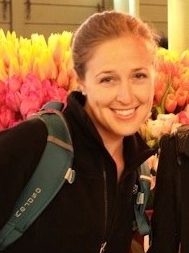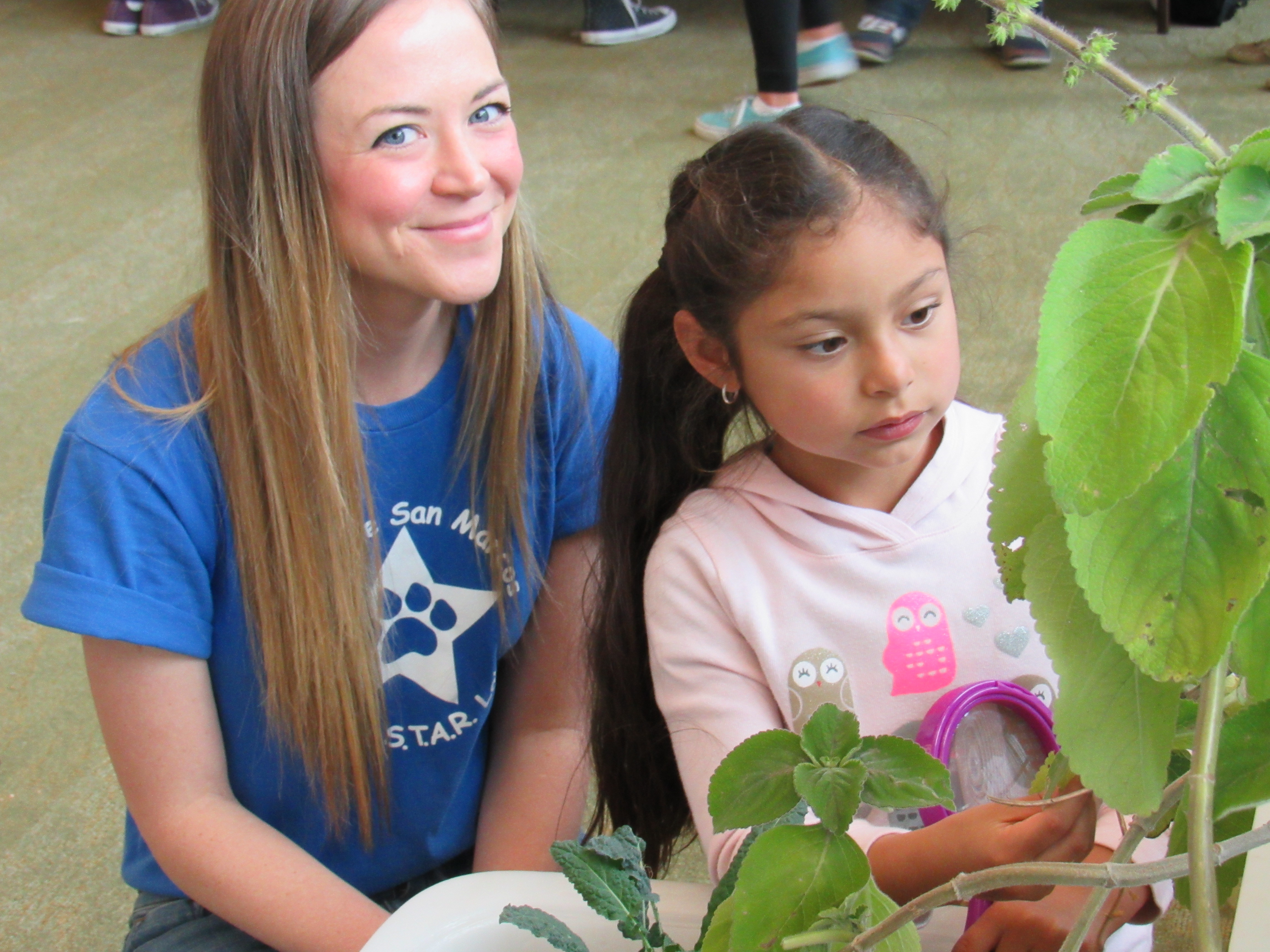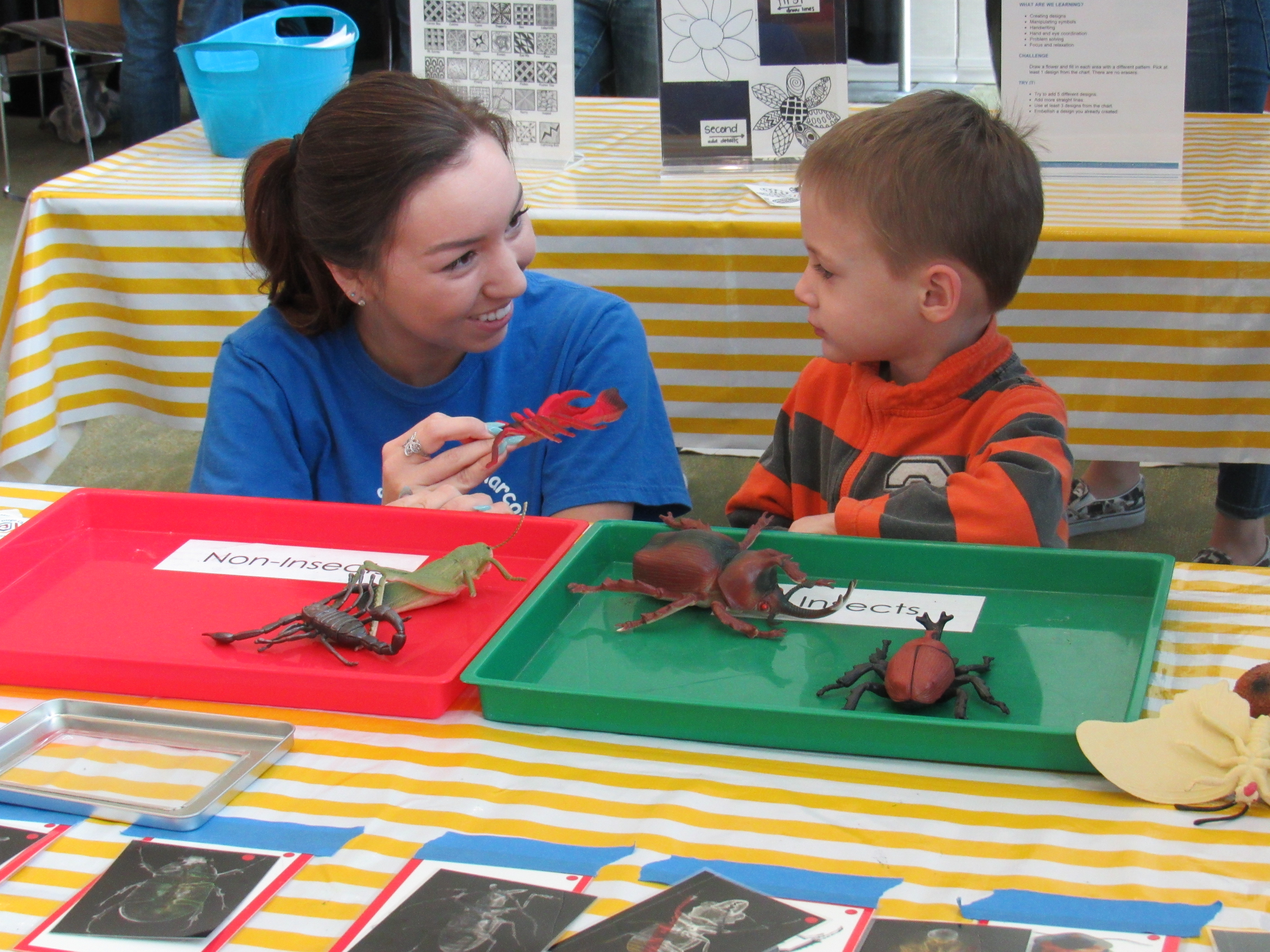 myCSUSM
myCSUSMKimberly E. Vanderbilt
I joined the Cal State San Marcos Psychology Department in 2013. My area of specialization is in social cognitive development. I completed my graduate and undergraduate training at the University of California, San Diego. My research focuses on how children (and people in general) learn to reason about the thoughts and behaviors of others. Particularly, I am interested in how young children learn to judge the reliability of sources who provide information, as well as how children make inferences about the mental states of such sources.
Research
Navigating the Social World
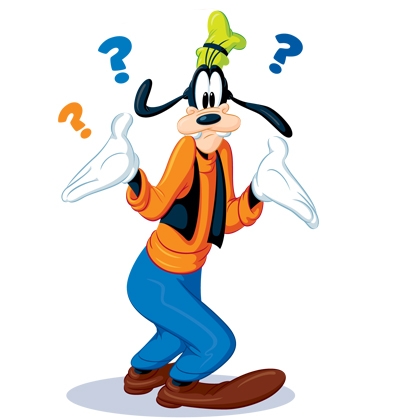
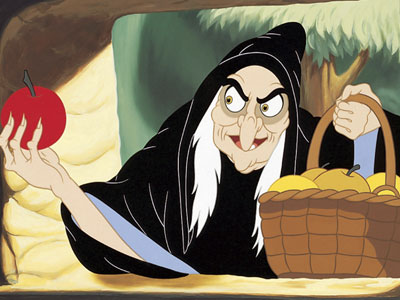
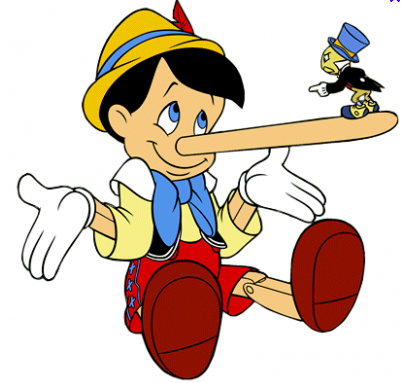
Knowing Whom to Trust: The ability to judge the reliability of sources is of the utmost importance in social life. Because social life requires that we absorb information at a rate far exceeding our ability to gain information firsthand, we often rely on other people to provide us with information about the world. For example, we commonly rely on others to teach us about the existence of microorganisms, events in national history, and even tomorrow’s weather forecast. Children especially, must rapidly acquire a great deal of information about the world, and often rely on other people to teach them such information. Although the transmission of information between individuals and across generation affords us many benefits (both as individuals and as a species) there are also inherent dangers to accepting information from others. As adults, we know to be skeptical of the information we receiver from others, or risk being misinformed or misled. But when do children learn this critical social skill? When do children learn to be skeptical of the information others provide? My research addresses the nature and development of children’s skepticism toward unreliable sources, and particularly, children’s reasoning about deceptive sources. As part of this research program, I have investigated whether children trust sources they have seen be deceptive, what factors influence children’s selective trust, and how this understanding relates to other social and cognitive abilities such as theory of mind and inhibitory control. The central goals of my research are to better characterize the development of skepticism in young children, to identify the factors that inform children’s trust judgments, and to explore methods for improving children’s critical thinking.
Select Publications:
Vanderbilt, K. E., Ochoa, K. D., & Heilbrun, J. (2018). Consider the source: Children link the accuracy of text-based sources to the accuracy of the author. British Journal of Developmental Psychology, 36(4), 634-651.
Vanderbilt, K. E., Heyman, G. D., & Liu, D. (2014). In the absence of conflicting testimony young children trust inaccurate informants. Developmental Science, 17, 443-451.
Heyman, G. D., Sritanyaratana, L., & Vanderbilt, K. E. (2013). Young Children's Trust in Overtly Misleading Advice. Cognitive Science, 37, 646–667.
Liu, D., Vanderbilt, K. E., & Heyman, G. D. (2013). Selective trust: Children's use of intention and outcome of past testimony. Developmental Psychology, 49, 439-445.
Liu, D. & Vanderbilt, K. E. (2013). Children learn from and about variability between people. In M. R. Banaji & S. A. Gelman (Eds.) Navigating the Social World: A Developmental Perspective. New York: Oxford University Press.
Vanderbilt, K. E., Liu, D., & Heyman, G. D. (2011). The development of distrust. Child Development, 82, 1372-1380. Read PDF
ROCK STAR Lab
Welcome to the R.O.C.K. S.T.A.R. Lab!
R.O.C.K. S.T.A.R. stands for Research On Children's Knowledge of Social Thinking And Reasoning.
Our main goal is to investigate how children learn about the social world. We conduct interviews with children both on the CSUSM campus, and in the surrounding community. You may see us at the San Diego Children's Discovery Museum, or at your local preschool. If you do, stop by and say hello!
Interested in joining the R.O.C.K. S.T.A.R. Lab Team?! Download an application!
Email kvanderbilt@csusm.edu if you have any questions.
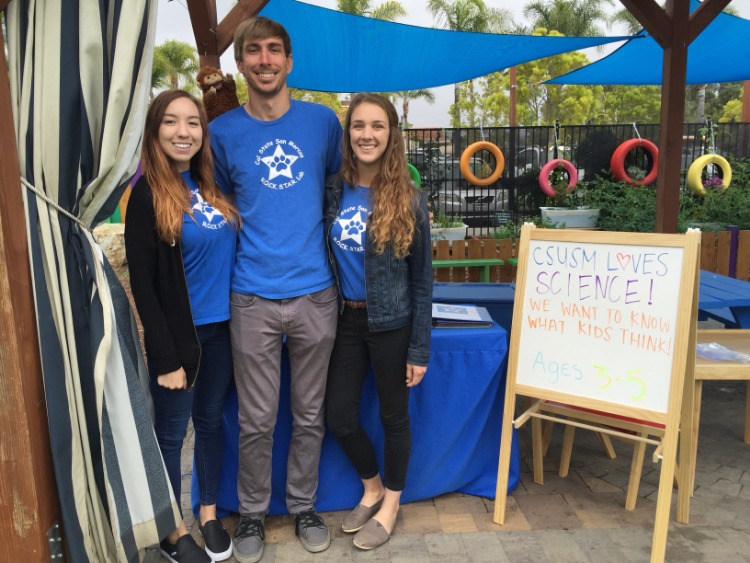
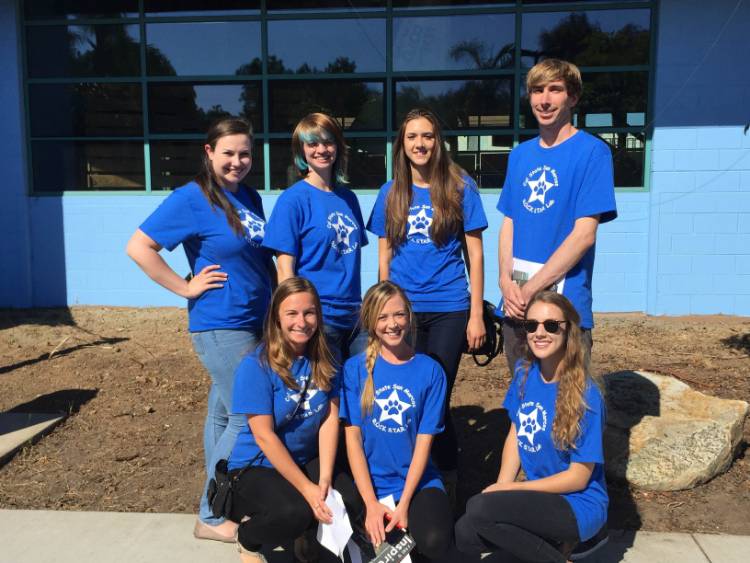
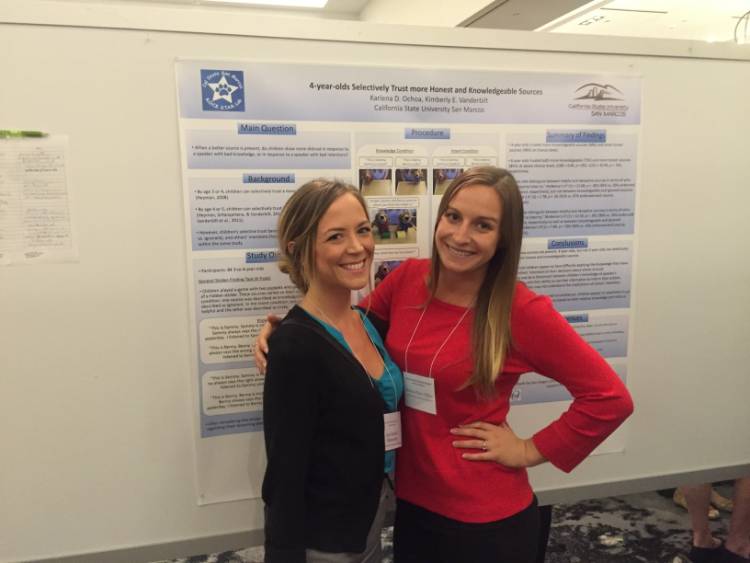
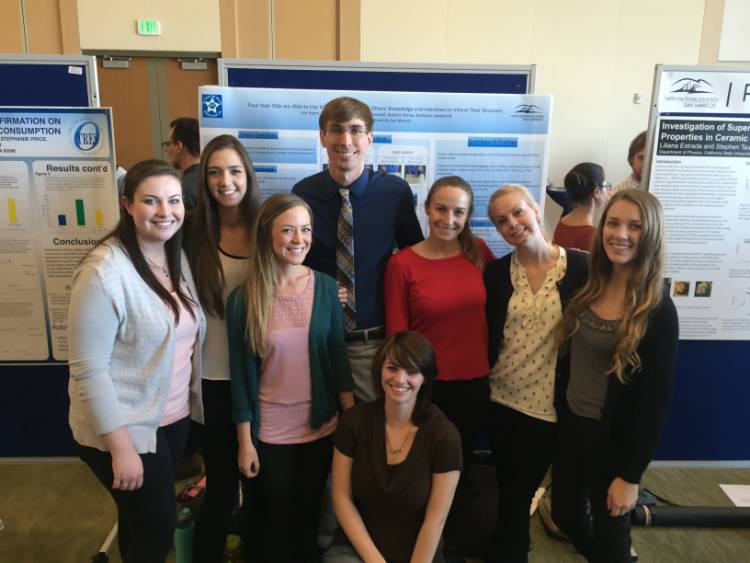
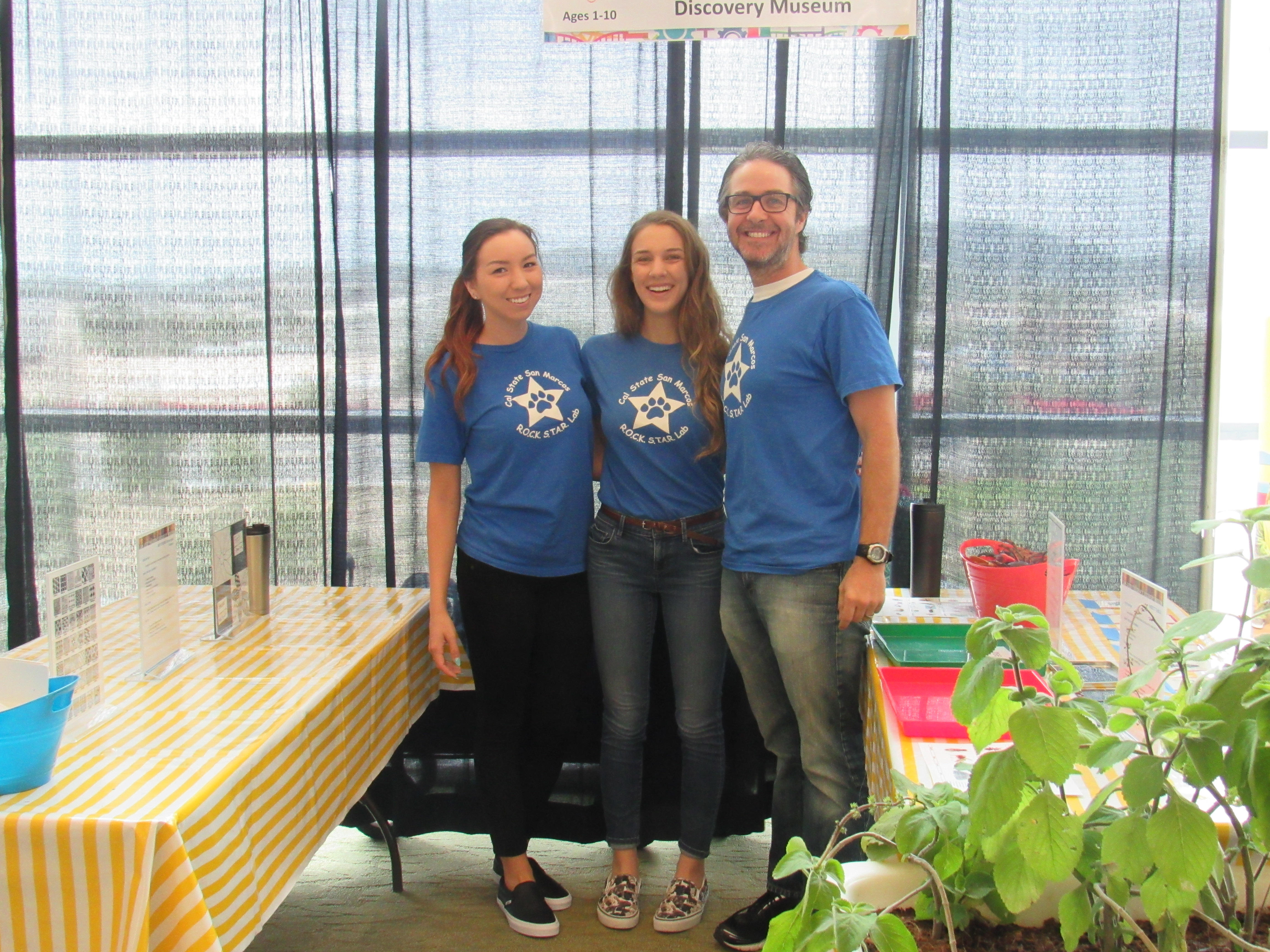
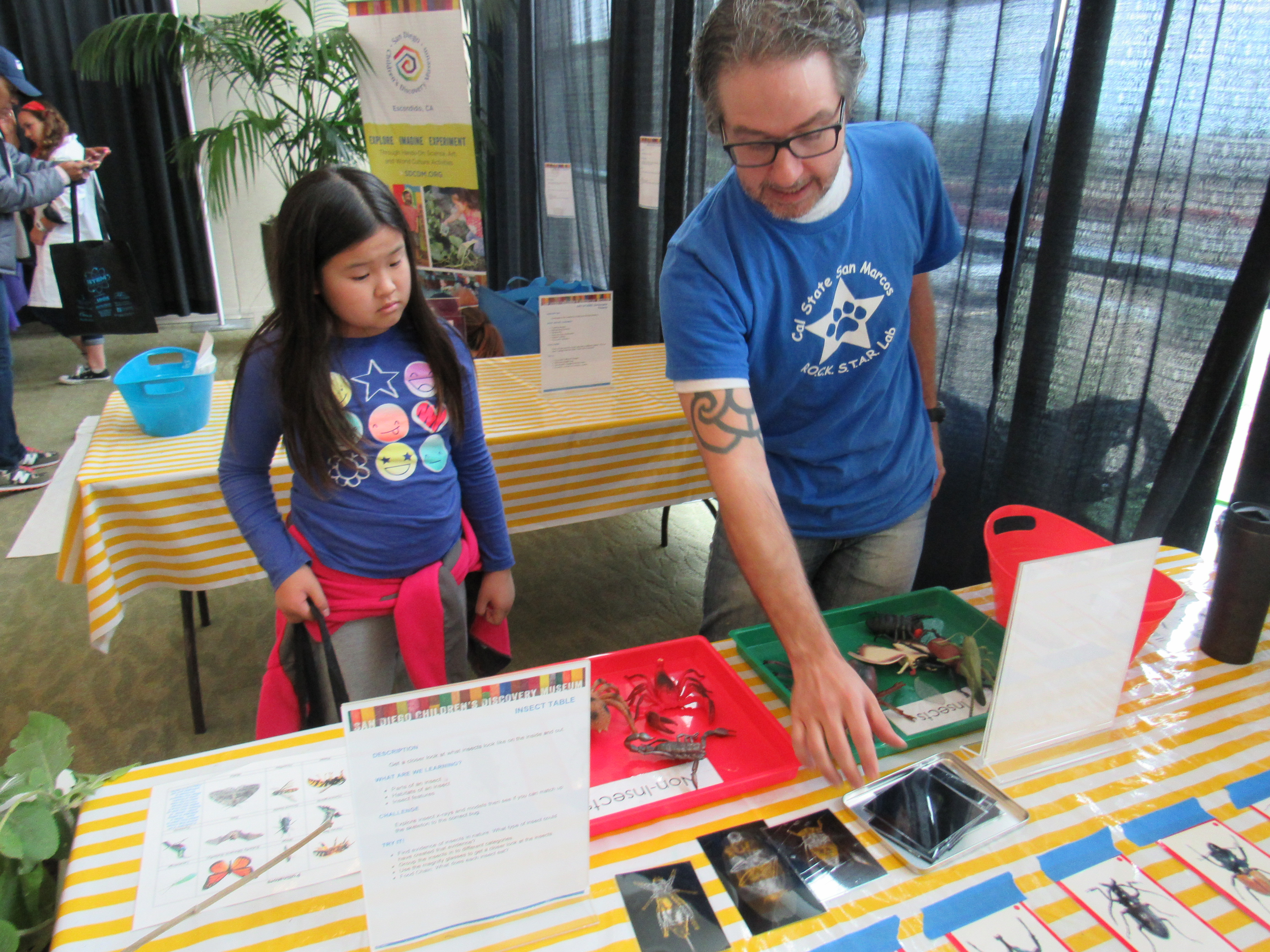
Meet the the R.O.C.K. S.T.A.R. Lab Team:
Principal Investigator
Kimberly E. Vanderbilt, Ph.D.
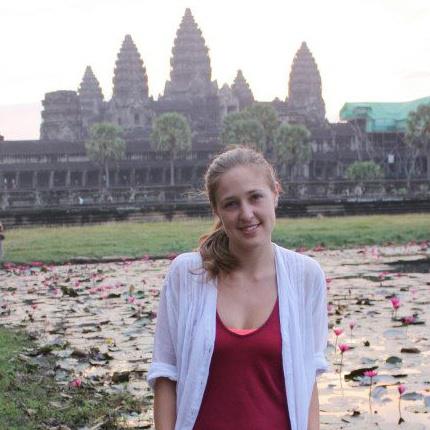
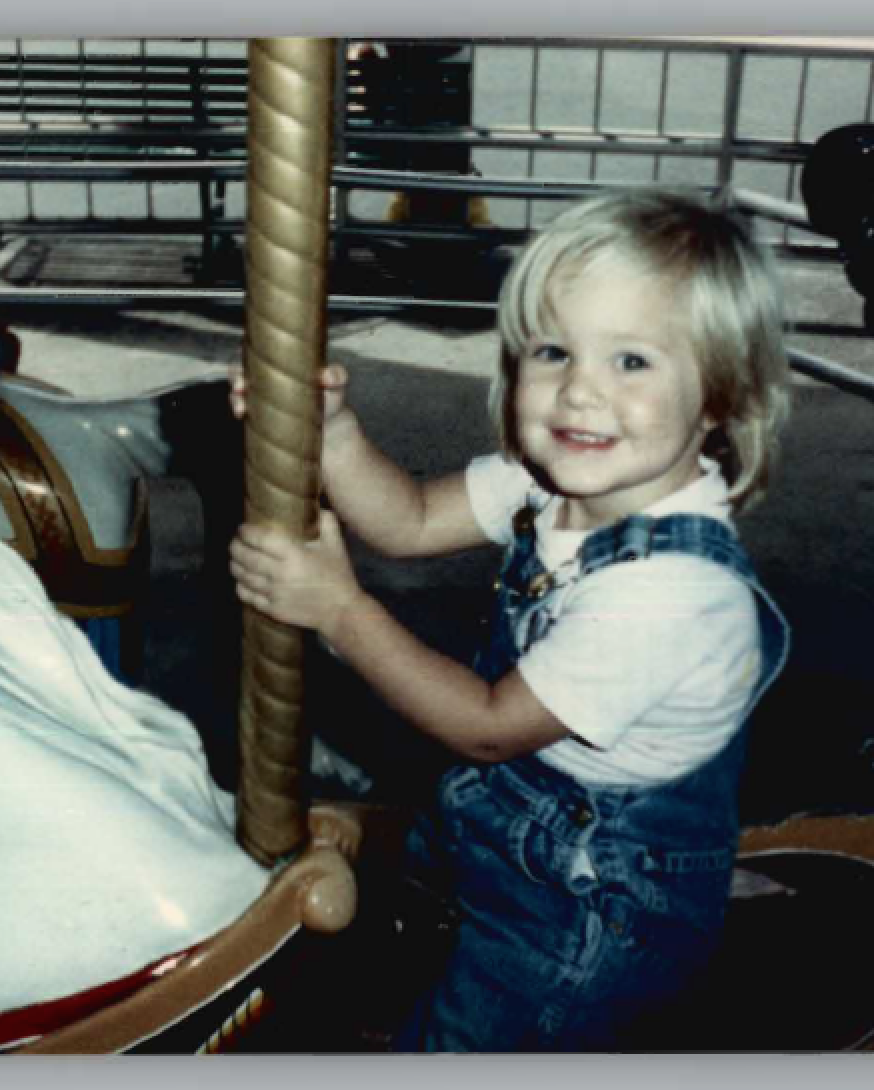
Graduate Students
Jarwyn Cruz, B.A.
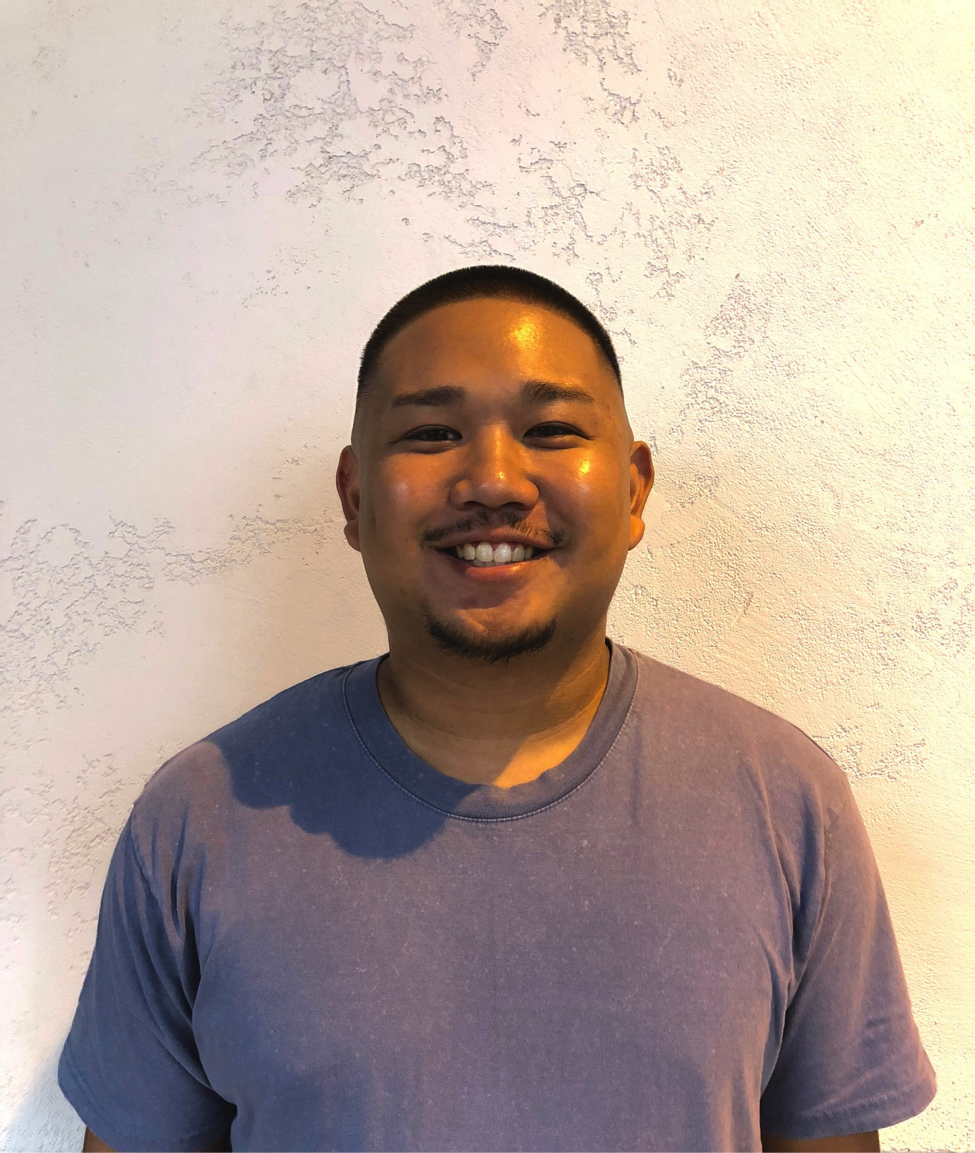
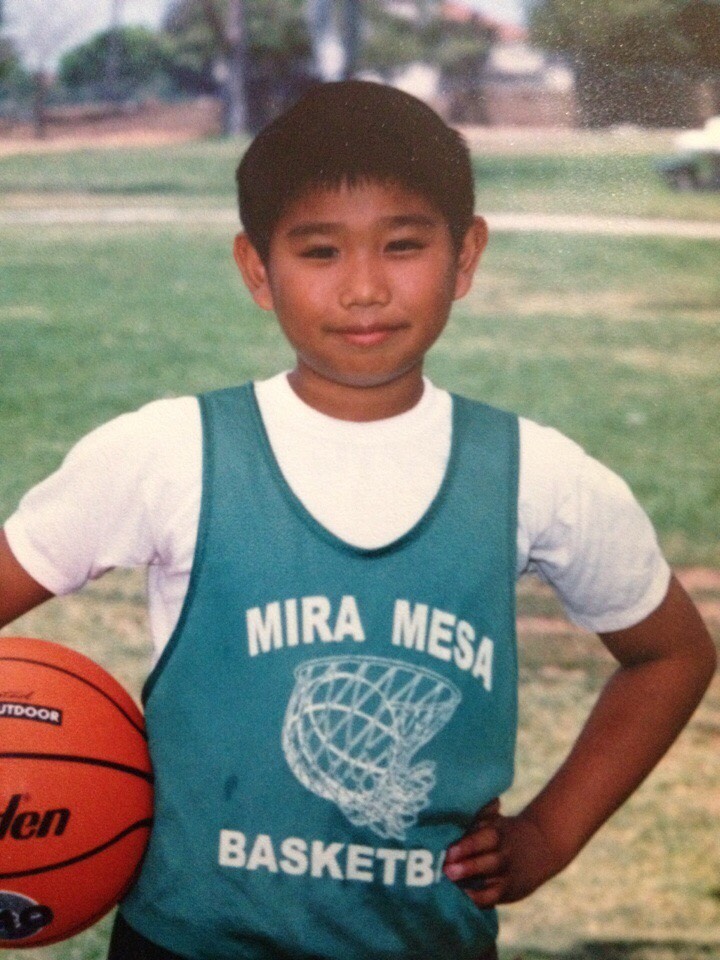
Reilly Seagren, B.A.
Undergraduate Research Assistants
Jessica Anderson
Tania Arceo
Isabell Felipe
Cory Jordan
Tanumia Lualemaga
Matthew Luetgens
Anahi Martinez Mendez
Lab Alumni
Monique Stolmeier, Hunter Montoya, Ruby Cuellar, Tricia Alcid, Linda Carter, Hillary Hartman, Camille McArdle-Hankin, Derrick Ocampo, Donna Phonsane, Kelsie Santoro, Karlena Ochoa, Melissa Gary, Jenny Lagervall, Leann Leite, Samantha Marshall, Bianca Medina, Sarah Ross, Tim Burtnett, Sarah Chaffins, Eileen Lux, Savanah McPhillips, Brian Voss, Lorrie Yates, Elaine Dimopolous, Kayla Pratson, Isabella Scuito, Jennifer Turner, Jayd Blankenship, Nicolette Affre, Brent Allmon, Olivia DePaul, Melissa Dominguez, Holly Gizlow, Jon Hoerr, AJ Vega, Ashley Torres, Carissa Velasquez, Michelle Rios, Priscilla Duran, Kristin Nelson, Rachel White, Karina Solis, Lizmery Vigil, Elaina Mehrabian, Rachel Flowers, Raquel Keck, Jahlan Loche, Keely Lopes, Judith Michel, Soleil Olsen-Corona, Jackie Reyes, Charlene Andreason, Rosa Hunt, Janette Ruiz Mora, Melissa Melchor Botello, Evan Weidele, Sarah Trinh, Pooja Punjabi, Justin Mejia, Renee Pierce, Ashley Mota Ortega, Veronica Hernandez, Kimberly Soto, Janette Mariscal, Jessica Ugalde, Kelly Weber, Emily Esquivel, Maiya Larry, Jennifer Ruckoldt, Kayla Lankford, Sara Valencia, Ashleigh Gradillas, Mathilde Weberg, Lizzy Weems, Nancy Salazar Soto, Giovanna Donadio, Juliana Anaya-Garcia, Jasmine Grigsby, Lexy Coronel
Lab Alumni have continued on to gradute school at:
University of Oregon, USC, CSUSM, CSU San Bernadino, San Diego State, CSU Dominguez Hills, UC Riverside, University of Northern Colorado, Oregon State University, Brown University, University of Arizona, California Baptist University...and more!
Interested in joining the R.O.C.K. S.T.A.R. Lab Team?! Download an application!
Email kvanderbilt@csusm.edu if you have any questions.






